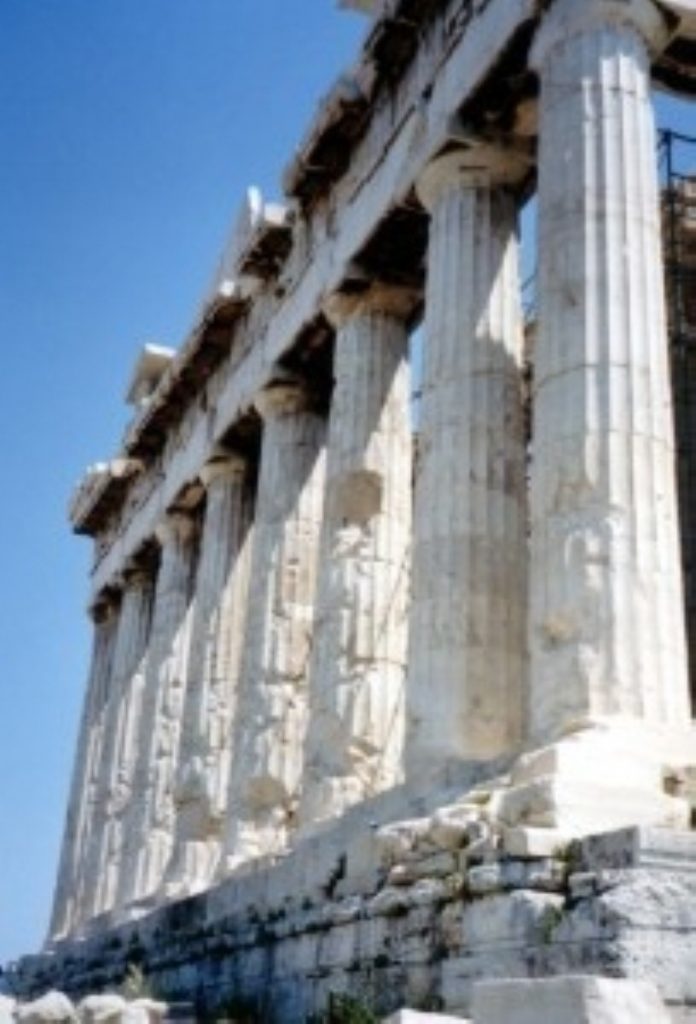EU Summit to debate constitution
The EU Summit in Greece is underway, marking the end of the Greek presidency and the first opportunity for national leaders to debate the draft constitution for Europe.
The draft has taken many months of detailed discussions by members of the convention, headed by former French president Valery Giscard D’Estaing, and has recently hit the headlines in the UK as the process drew to a close.
Relations in Europe have been strained by recent international activities, but the need to reform European governance was agreed ahead of the enlargement to a membership of 25.
However, while the convention has seen some areas of agreement, there have been disagreements about how power should be distributed. The most notable of these concerns is from small countries, many of which fear that some changes will see them lose their influence to the big six of Germany, France, Italy, the UK, Spain and soon Poland.


There have also been tensions between countries seeking further integration and those seeking to retain national ‘competences’ in key areas.
Illustrating the sensitive nature of the compromises, the British public and press are concerned that the deal is being imposed on the UK, while French analysts have declared that the draft reflects British victory in the debate.
The Summit of existing member states, and many prospective members, has reached widespread agreement on many international issues such as their decision to implore Iran and North Korea not to develop nuclear weapons.
But on the constitutional affairs there is still a great deal to be discussed, as there are on other issues, such as Britain’s plans for asylum centres to be established in areas of the world near to conflict and oppression. The plans have been both criticised and commended by various human rights groups, and are far from completion, but the Summit has rejected any moves on the project, effectively killing it off as a European programme.
With the accession of ten new countries nearly complete, Sunday will see the summit focus on Balkan leaders and the addition of their countries to the list of applicants that next year will be down to just four, Turkey, Bulgaria, Romania and Croatia.

